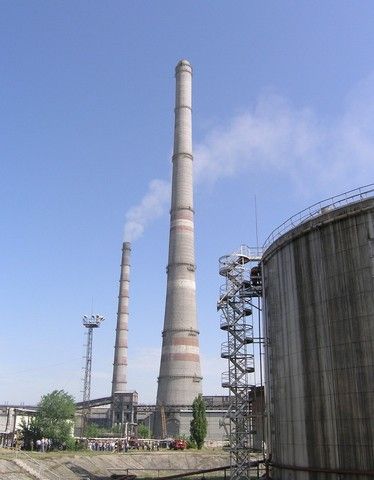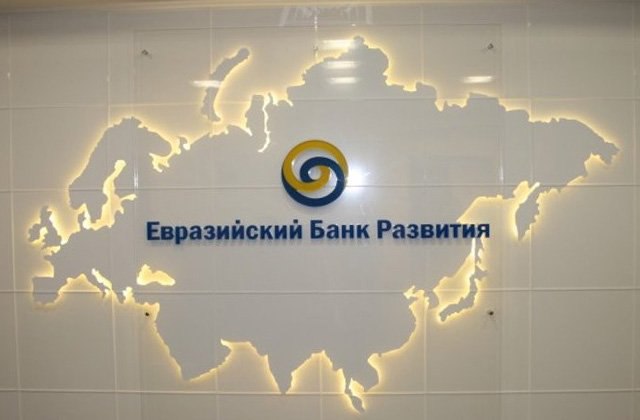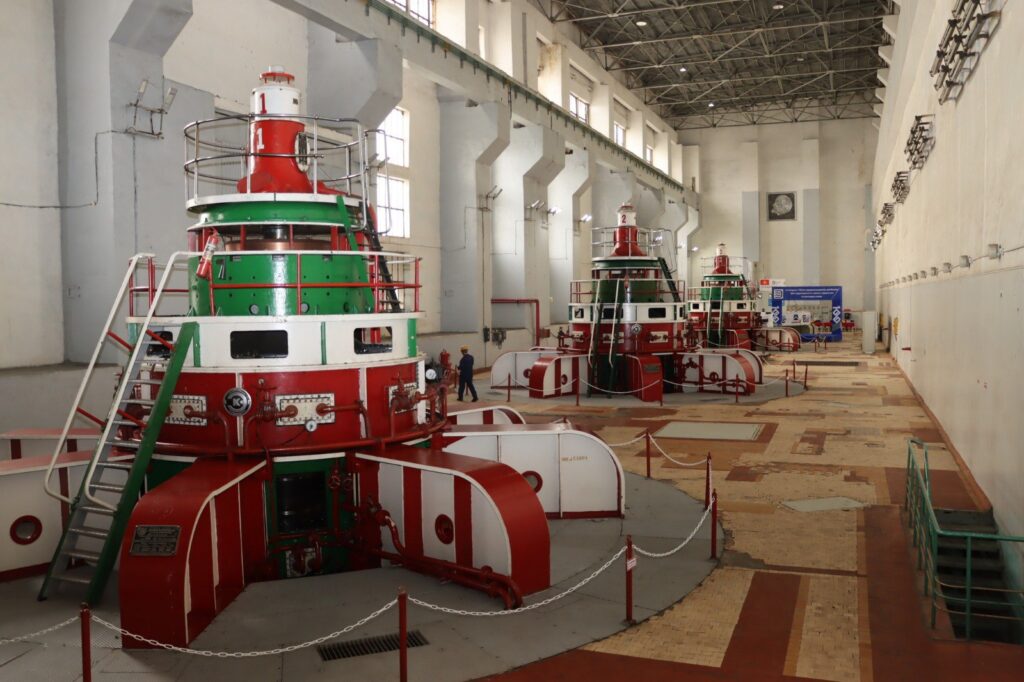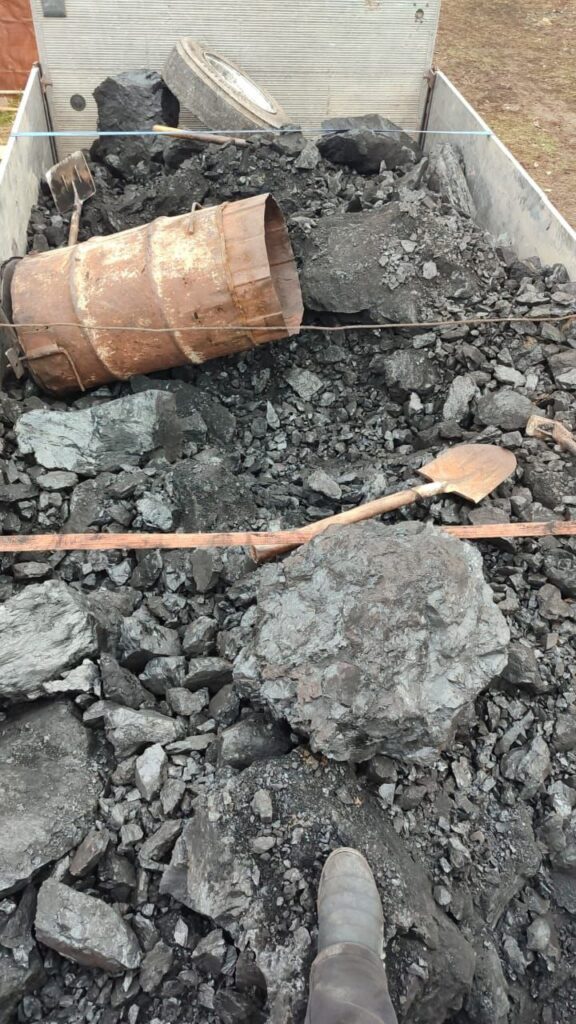BISHKEK (TCA) — With the launch of the winter heating season, hundreds of coal-fired small boilers began to supply heat to the homes of Kyrgyzstan’s population. Some boilers this year have been transferred to natural gas, because the gas supply is more stable, effective and environmentally friendly. The others are still burning coal.
The current heating season will be the last one when the boilers and the Bishkek Thermal Power Plant (TPP) operate using imported coal, the State Committee for Industry, Energy and Subsoil Use said. The Bishkek TPP, which is now under reconstruction, will fully switch to domestic coal consumption in 2017.
Power shortages
The residential electricity consumption had increased by more than 60% from 2009 to 2013, which caused power shortages. Combined with the poor condition of the ageing power infrastructure and low hydropower output during winter, the increase in the electricity workload aggravated winter power shortages.
After the energy crisis caused by the lack of water in the Toktogul hydro plant’s reservoir in 2008, the coal industry began to develop covering the electricity deficit.
The Toktogul reservoir, the largest in Central Asia with a volume of 19 billion cubic meters, supplies with water the Toktogul HPP cascade on the Naryn River. Two stations of the HPP cascade —the 1,200 MW Toktogul HPP and 800 MW Kurpsai HPP— produce more than half of the energy in Kyrgyzstan.
Following the Government’s decision, almost all heating systems of the country refused from electricity in favor of the solid fuel since August of 2008, and the price for coal increased sharply.
The Energy Ministry developed plans for the coal industry recovery in order to meet the demand of the population, budget organizations and the Bishkek TPP for solid fuel. The coal industry development is now considered a priority to ensure the country’s energy security.
The coal production has been steadily growing in recent years and has reached almost 2 million tons per year. Kyrgyzstan exported about 160 thousand tons of coal to China, Uzbekistan and Tajikistan last year.
The coal price has risen by more than 20% in October 2016, mainly in the Batken, Jalal-Abad, and Issyk-Kul provinces, the State Agency for Anti-monopoly Regulation said. The Government has signed a decree on the introduction of state regulation of prices for coal. The prices have been set for each region, according to its geographic features and distances from coal depots.
Increasing heating efficiency
About 40% of urban households use inefficient and polluting coal-fired stoves or boilers. Due to inefficient heating technologies, Kyrgyzstan is among the most-affected countries in Central Asia region for diseases resulting from indoor air pollution.
According to environmentalists, up to 12 million tons of greenhouse gases are annually emitted into Kyrgyzstan’s atmosphere. The population consuming fuel for domestic purposes is the main source of one third of emissions, followed by transportation vehicles and heat and power plants and other industrial facilities that produce electricity and heat.
With the support of the German Federal Ministry for the Environment, Nature Conservation and Nuclear Safety, a project on small boiler modernization is implemented in Kyrgyzstan as part of the International Climate Protection Initiative. About 800 small boilers which supply heat to public buildings (schools, kindergartens and hospitals) as well as residential buildings in the cities and regions of the country will be upgraded.
The project aims to increase energy heating efficiency of small coal-fired boilers by 34% until 2020 through their modernization, as well as to reduce greenhouse gas emissions, contributing to a gradual transition to low-carbon economic development.
The program was included in the National Program on Transition to Sustainable Development until 2017.
Refusing from coal
Meanwhile, many countries decided to refuse from the use of coal for home heating due to its adverse effects on the environment.
Xinhua reported that China plans to set up a no-coal zone in cities around Beijing next year in efforts to tackle the capital’s hazardous smog. Starting from November 2017, factories and households in 18 districts and towns in the Hebei province would not be allowed to burn coal or build new power generators powered by petroleum coke.









